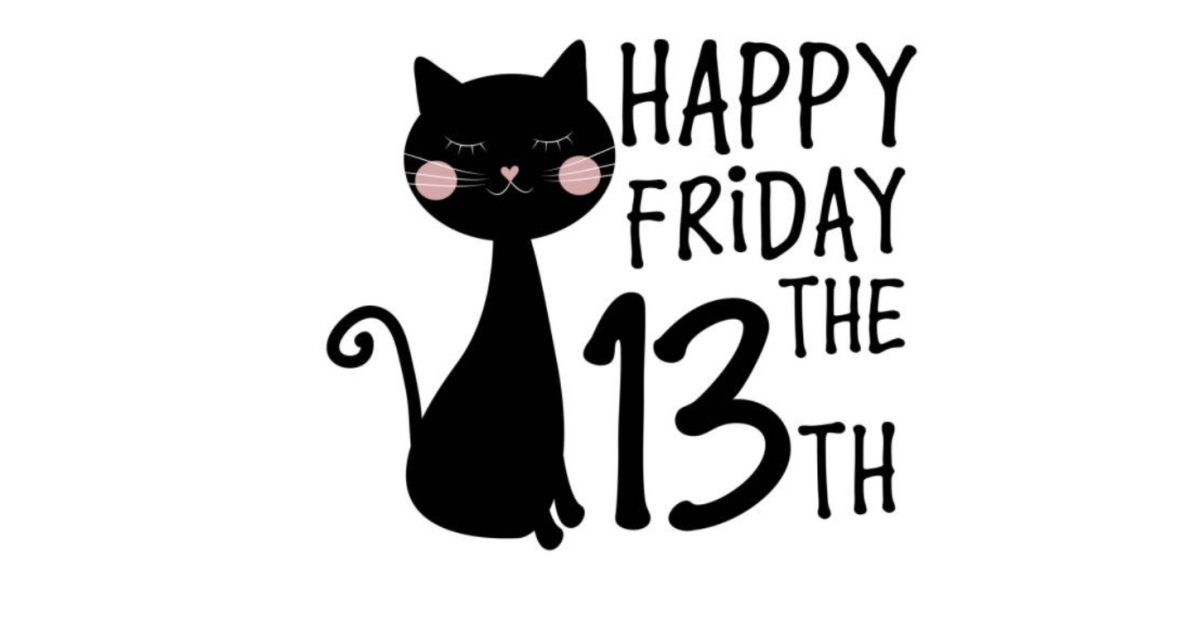The spooky season of October has arrived. As the days grow shorter, temperatures grow crisper and leaves transform into vibrant fall foliage. We feel a sense of anticipation for the Halloween festivities. The upcoming haunted holiday evokes visions of ghost tales, glowing jack-o-lanterns, and pumpkin-spiced everything. However, Halloween is not the only apprehension inducing day of the year. Another date is the infamous Friday the 13th, which is growling at our doorstep. This foreboding day instills fear and anxiety in many superstitious individuals.
The uneasiness surrounding Friday the 13th is known to have Biblical origins. The Bible states that 13 guests attended The Last Supper, including the 12 apostles and Jesus himself. One of the apostles, Judas, had betrayed Jesus. This led to an unspoken rule within the Christian community to never have exactly 13 guests; it was known to be a bad omen that would result in death.
The superstition surrounding the number 13 is mainly a Western belief, but other cultures have their own number-related fears. For example, the number four holds a negative connotation in Asia. This is due to the word for “four” being pronounced similarly to the word for “death.”
The avoidance of certain numbers has impacted society in various ways. For instance, many buildings do not have a 13th floor. This is primarily due to architects and owners who worry that fearful tenants will refuse to live there.
The Stress Management Center and Phobia Institute reported that $700-800 million are lost every Friday the 13th, due to the public’s fear of traveling, shopping, and conducting business on this day.
On the other hand, cultures have associated the number 12 with completeness and balance. Some examples of this are the 12 calendar months, 12 inches in one foot, 12 hours on a clock, 12 days of Christmas, and the 12 gods of Olympus. At first glance, the numbers our cultures choose to revere and fear may seem arbitrary, but they tend to have deeper reasons than we’d think.
Several instances of tragic events that occurred on Friday the 13th, added to its infamy. During WWII, the German forces bombed Buckingham Palace on September 13, 1940. The palace and the chapel were damaged. To make matters worse, the King and Queen were there at the time the palace was attacked, narrowly avoiding danger.
Another terrible incident that occurred on this ill-fated day was of a 13-year-old boy struck by lightning at 13:13. The young teenager survived the strike and made a full recovery. More recently, a national emergency for COVID-19 was issued on March 13, 2020, which happened to be a Friday. This is considered to be the first official day of the pandemic in the United States. These events have reinforced the public’s beliefs of Friday the 13th and stimulated many polarizing opinions regarding it.
We won’t see another Friday the 13th until September 2024. Depending on your personal opinions pertaining to this date, you may feel a combination of wariness, excitement, or nothing at all. Most people don’t really have a reason to be terrified of Friday the 13th. It’s merely a superstition that we may enjoy pretending to be afraid of. It’s okay if you want to keep your fingers crossed, just in case!


